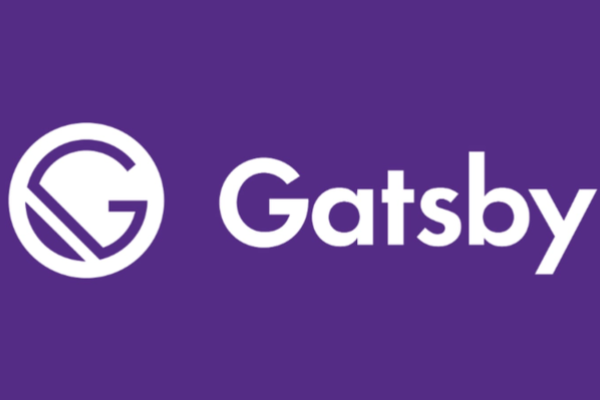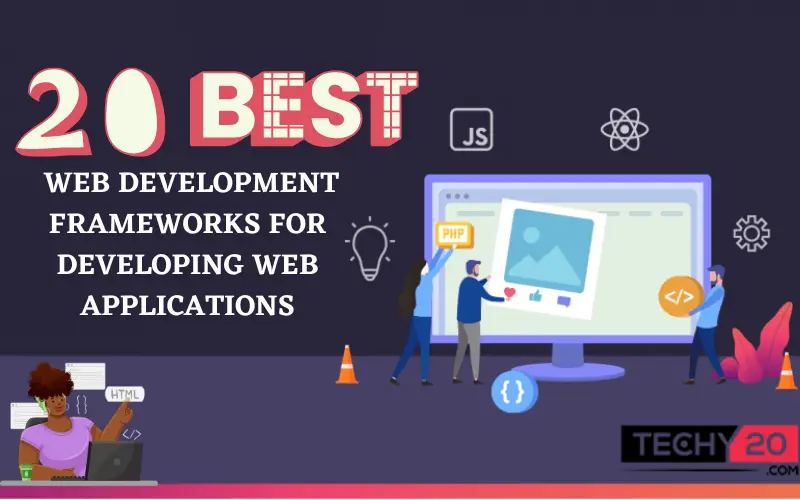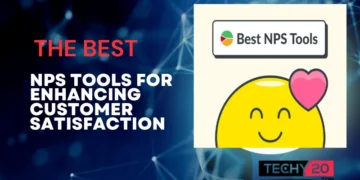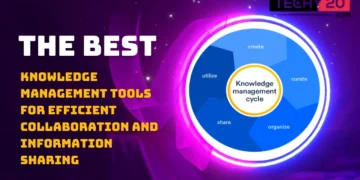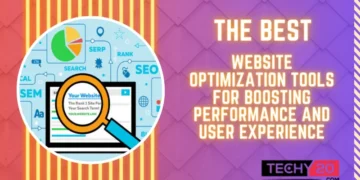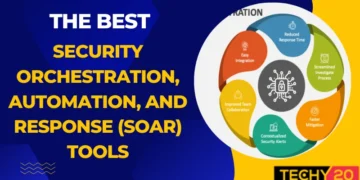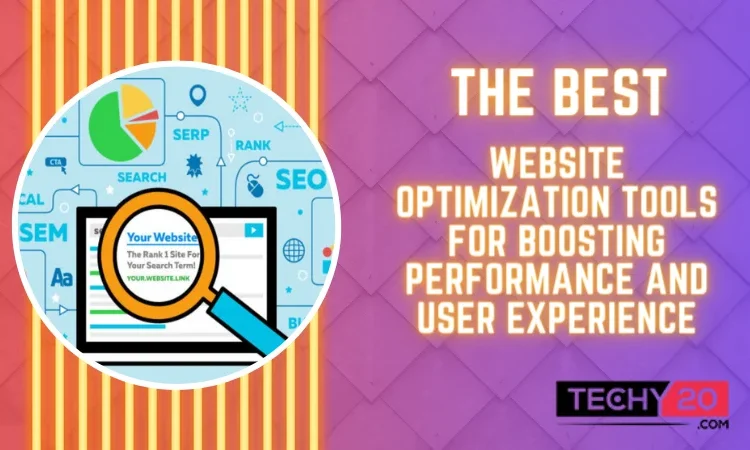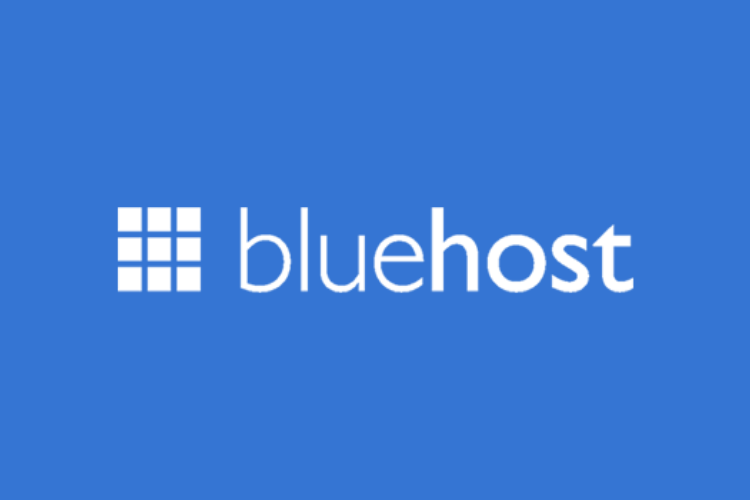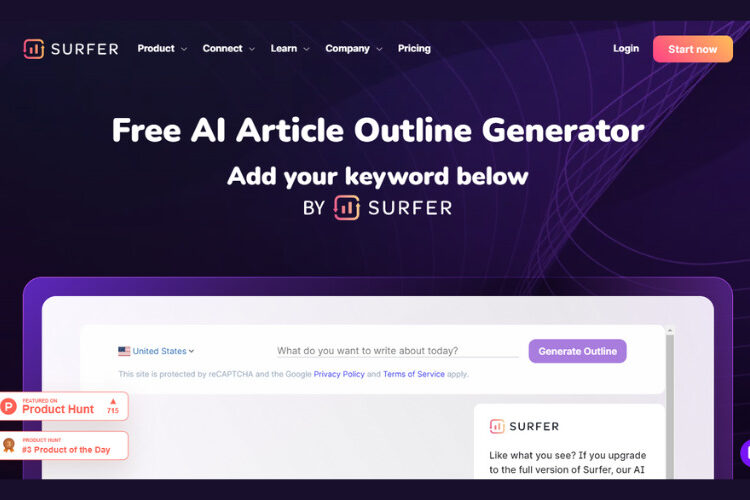In this digital age, having a website for your organisation has become essential. Websites give companies the upper hand in associating with a larger audience, laying the foundation for a more prosperous future. Thanks. to the high demand for developing web applications today, many convenient frameworks are available in the market. These frameworks provide a straightforward yet efficient way to construct your web apps because they were designed specifically with today’s business concerns in mind. Frameworks also help ensure consistency and maintainability of the codebase, making it easier for multiple developers to work on the same project. So, here we present a curated list of the 20 best Web development Frameworks to get your web development game going!
1. Django
One of the best frameworks that aid in producing high-quality web applications is Django. It was created to suit the strict needs of skilled Web developers and hurried press deadlines. Among the many advantages of this particular framework, the most important one are its rapid development, the existence of an internal authentication tool, and large-scale community backing.
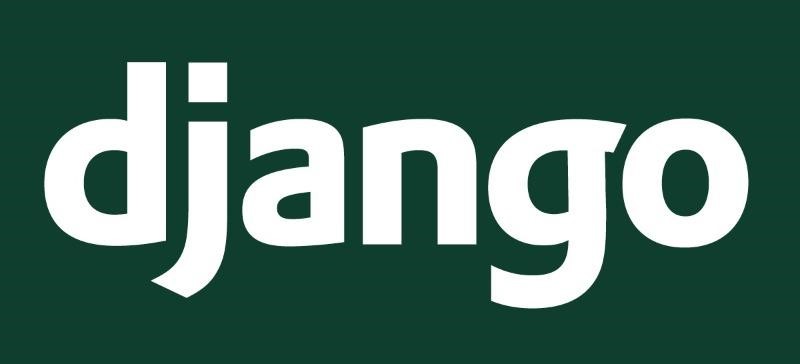
2. React
Another good web-development framework is React, which while originally being a frontend library, is still held as a competition among other frameworks. The use of React in businesses and among developers has grown significantly. Its many advantages include its easy integration with other libraries and its usefulness in creating mobile applications.
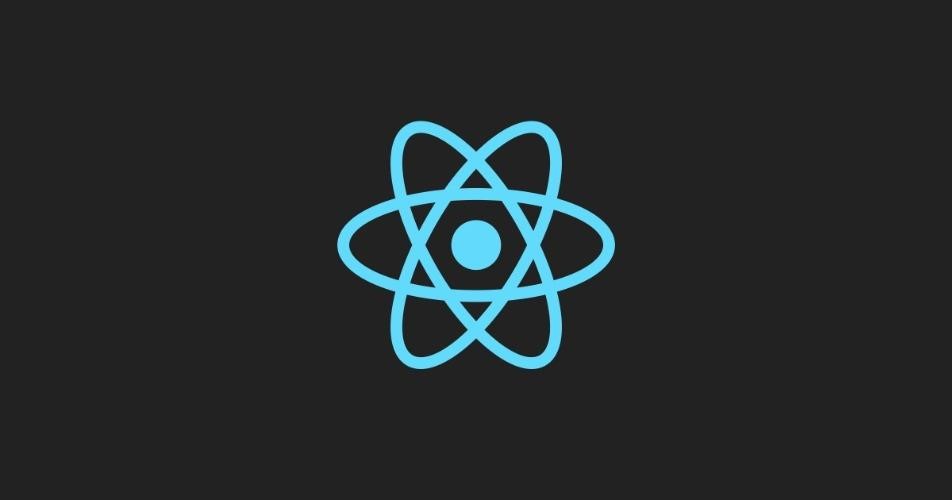
3. Ruby On Rails
It is one of the earliest frameworks for web development used to create the backend of apps. It was founded on the Ruby programming language, and up till today, it has developed over 800,000 websites. Its advantages include its quick progress and a vast library of tools.
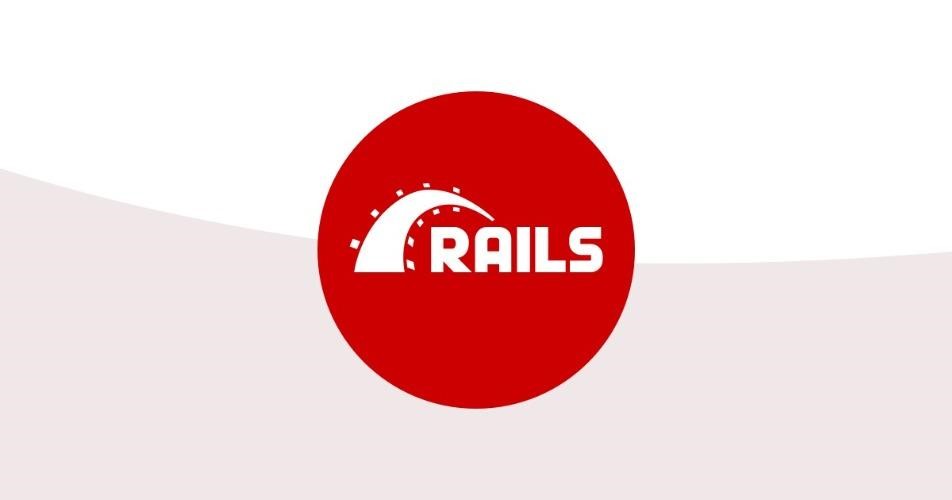
4. Angular
A Google framework called Angular, first created by Misko, Hevery, and Adam Abrons, aids in the development of robust web applications. It is a framework for building strong, high-performance online applications that are also simple to maintain. Its advantages include its support of the MVC architecture and the accelerated process of developing applications.
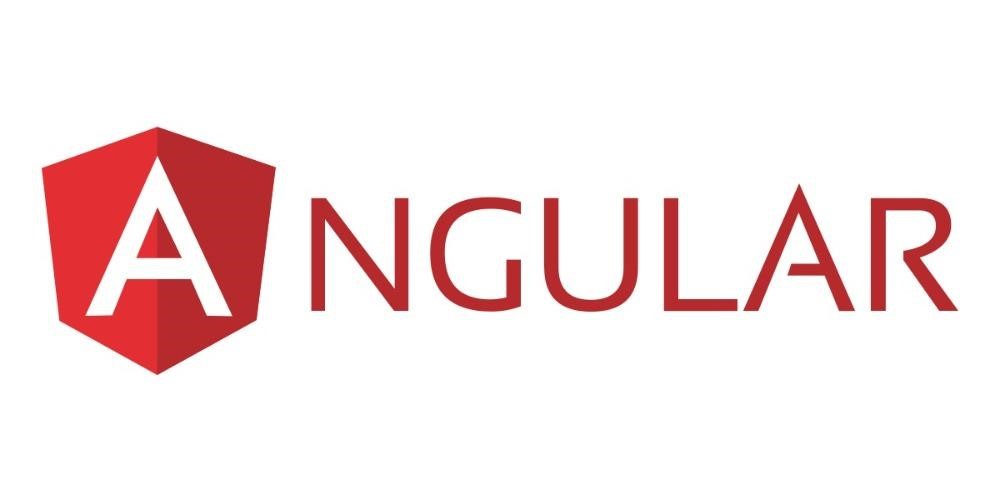
5. Express.js
Express is one of the most convenient backend frameworks, offering capabilities like routing, debugging, and quick server-side programming. It has simple functionalities, excellent performance, and is simple to learn.
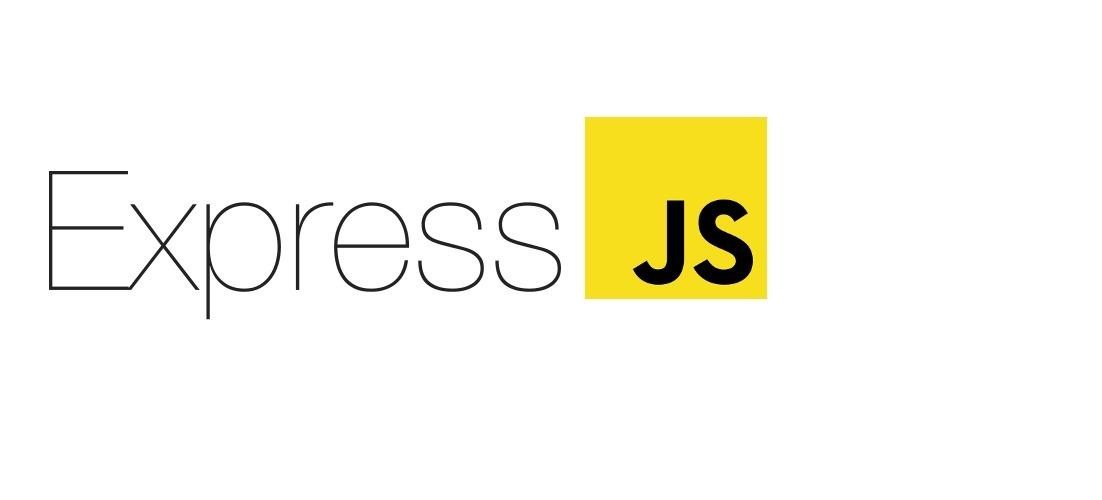
6. Laravel
The next one that made this list is Laravel. It uses PHP scripting language and relies on its principles. It has lots of features that are perfect for developing enterprise websites. Laravel holds enormous potential as the prime choice of developers due to its versatility.
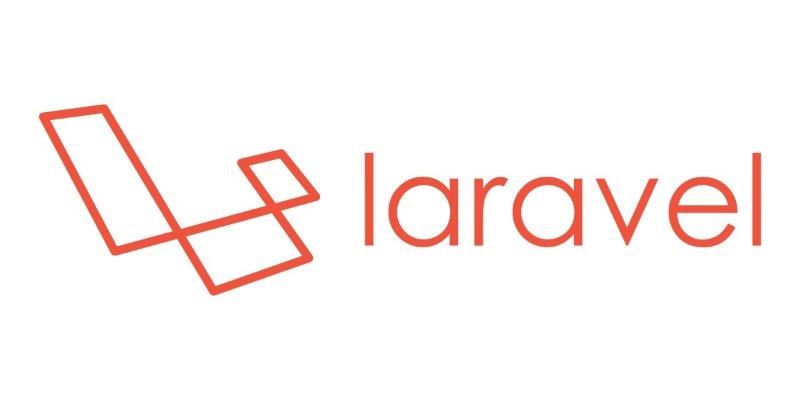
7. Vue
A very well-liked web framework called Vue is used to create single-page apps and user interfaces for web apps. It provides top-notch development features like automatically produced routes, SEO optimization, and enhanced meta tag management. Vue uses third-party solutions, which makes it easier to use and less difficult to comprehend, making it an obvious choice for web developers.
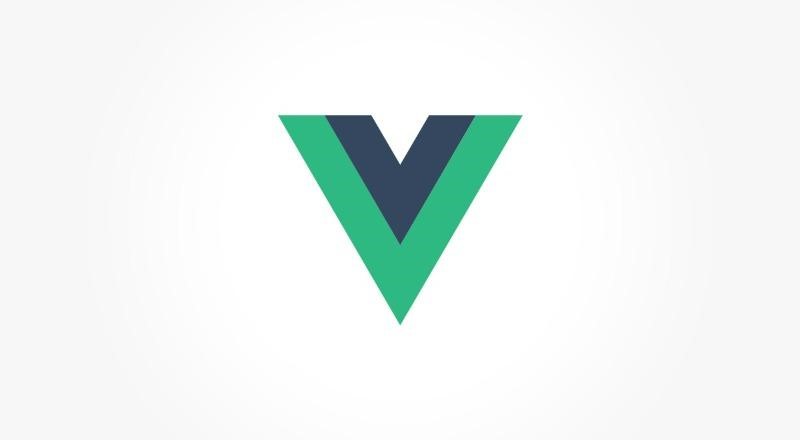
8. Ember
Ember is an open-source, JS-based framework that was introduced in 2016. It is well known for offering complete solutions for data management and application flow. Both component-based and two-way data binding are features of this system. Ember is easy to use and is built on the MVMM architecture.
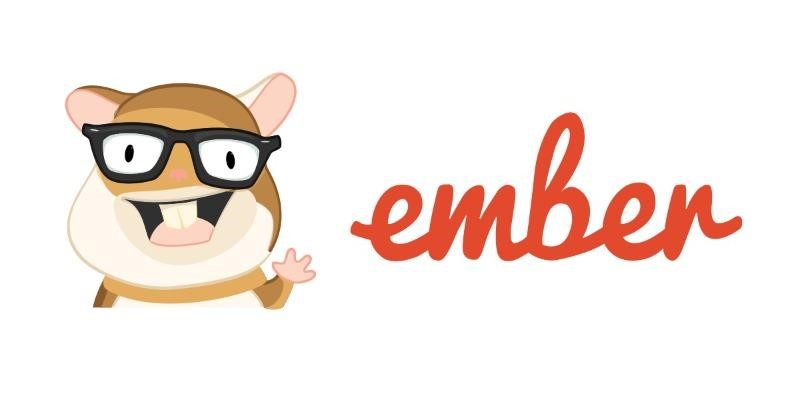
9. Foundation
For enterprise-level development, Foundation is a cutting-edge web development framework. It enables you to create beautiful, responsive, and agile websites. Although it can be challenging for beginners to master, its outstanding capabilities, such as GPU acceleration for fluid animations and quick mobile rendering, make it a standout framework among developers.

10. Flask
Flask is a Python-based web framework that is well renowned for producing reliable, efficient applications. Flask is a compact framework that works well for creating small projects. But it also supports extensions, which you may use to develop sizable projects.

11. Meteor
Another framework that makes it significantly easier to create real-time mobile and online applications is Meteor, often known as MeteorJS. It provides cross-platform (Web, Android, iOS) code and enables rapid prototyping. Deployment, scaling, and monitoring are all substantially simplified by its cloud platform, Galaxy.
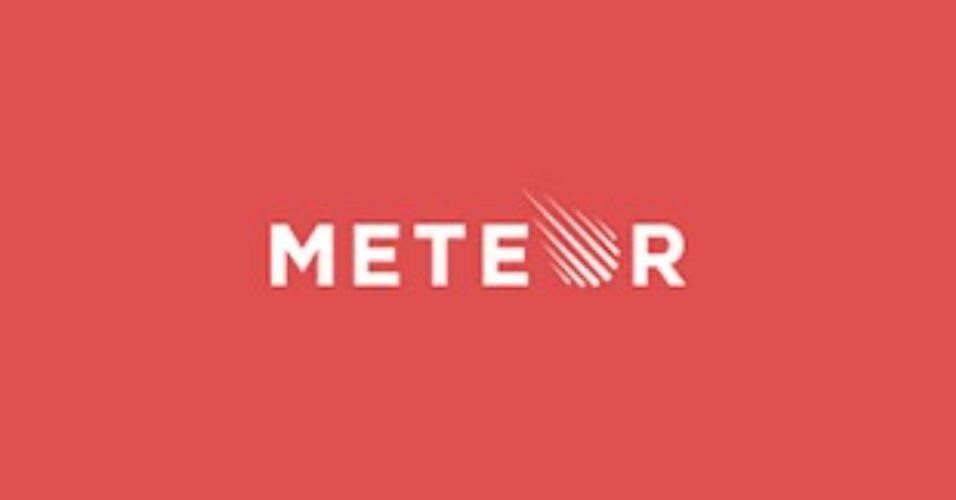
12. jQuery
There is a library called jQuery that is used to create user interfaces for apps. This library is well-known for its ability to produce remarkable effects and animations in the apps that it produces. jQuery is a lightweight library with a variety of plugins that make it easy to add new features.
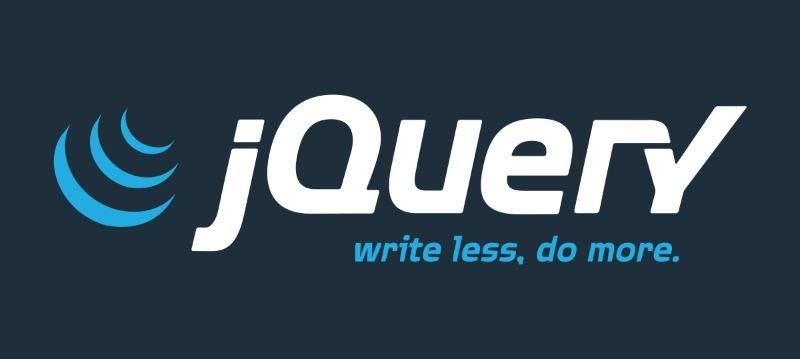
13. Svelte
Popular alternatives to React, Vue, and Angular include Svelte. Because of its easy-to-read HTMLX templating and aesthetically pleasing appearance, developers like it for creating dynamic web pages. It is praised for its increased reactivity, scalability, and speed and is one of the contemporary web development frameworks.
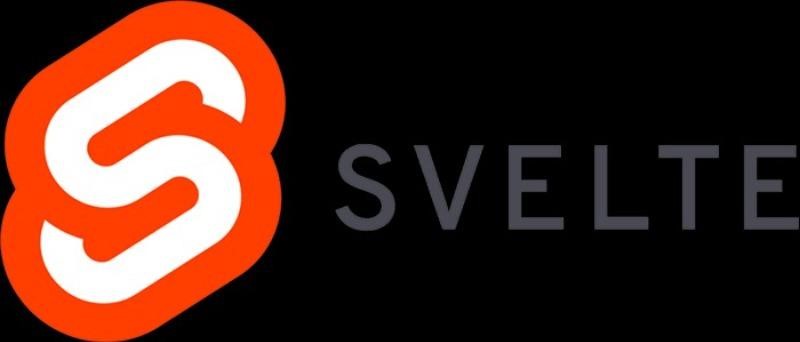
14. CodeIgniter
EllisLab’s CodeIgniter is a well-known web application framework for creating dynamic web pages. As controller classes are necessary but models and views are not, it is loosely based on the MVC design. CodeIgnitor makes claims of outstanding performance, hardly any configuration, and the absence of massive monolithic libraries.
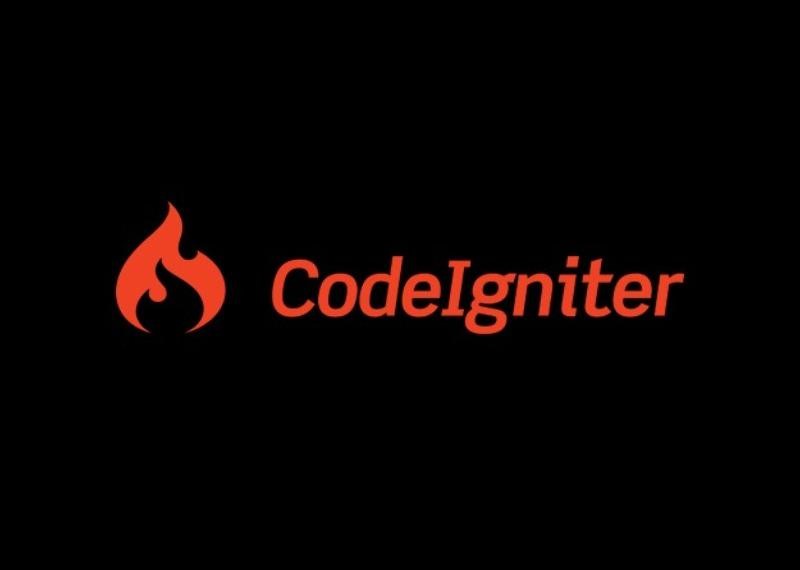
15. Spring
Since its 2002 debut, Spring has developed into the main Web framework for Java-based programming. In addition to keeping Java relevant as cloud computing becomes more significant, it is recognized for growing with the changing web development scene. Spring offers extra Cloud Native development, Event-driven application development, Batch processing, and much more because it is part of a vast ecosystem.
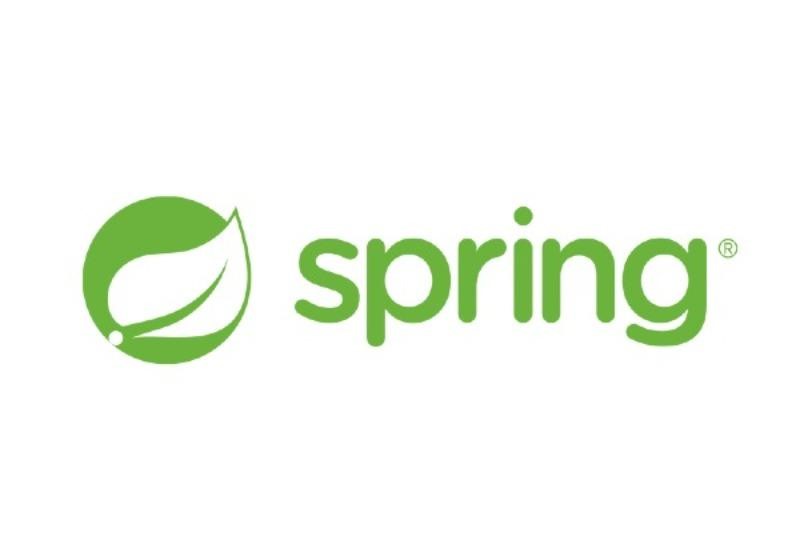
16. Koa
Koa was created by the Express design team. It is more expressive, smaller, and offers a solid foundation for APIs when compared to other frameworks. Koa is also devoid of middleware and enables developers to manage failures effectively. Koa is well known for its usage of generators, which tidy up all the clutter call-backs produced in your code and make it easier to handle.
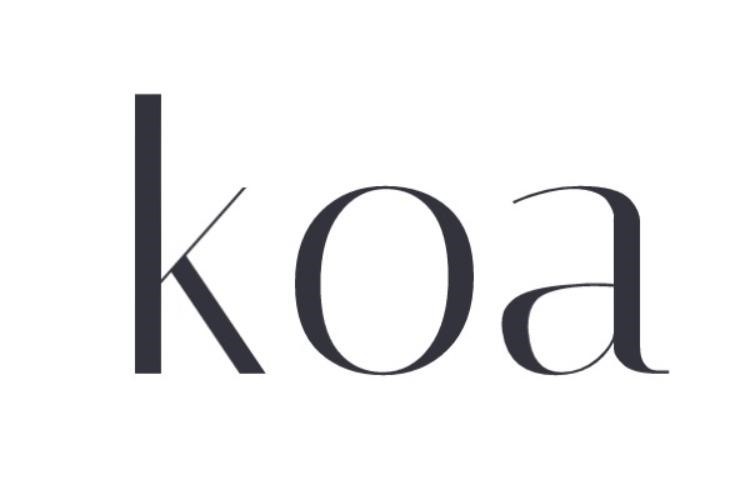
17. Asp.NET
Microsoft’s ASP.NET framework enables us to create reliable online apps for PCs and mobile devices. It is a fast and compact framework for .NET developers to create Web applications. It is a platform-agnostic modular framework that works with Windows, Mac, and Linux.
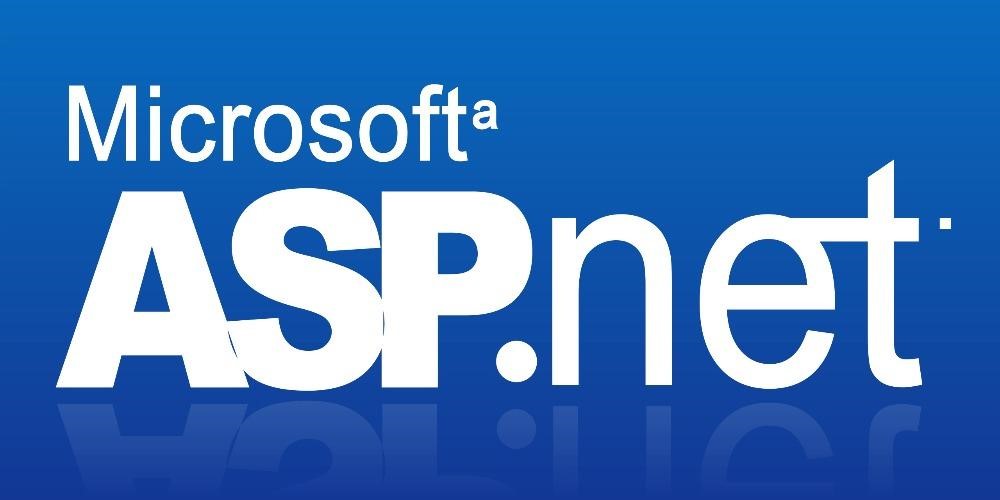
18. Backbone.js
Backbone is a frontend framework that is perfect for creating complex Single-Page applications because it is very lightweight. Backbone has a thriving ecosystem and only one fundamental dependency, the Underscore library, which when combined with Mustache and Marionette enables you to create whole client-side apps.
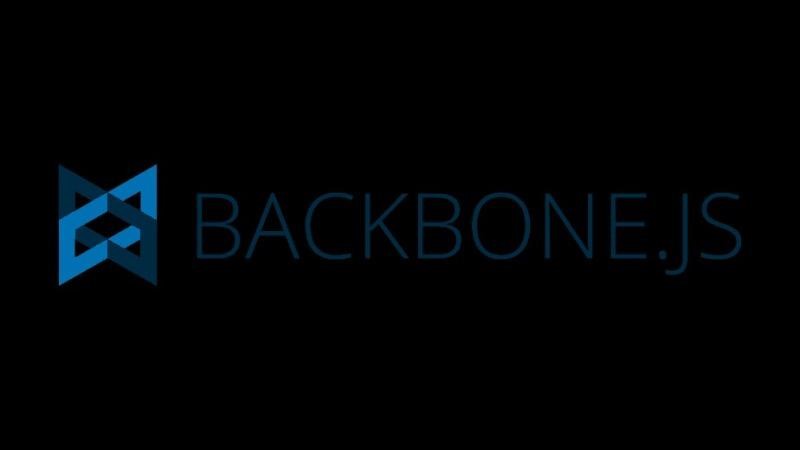
19. Phoenix
Phoenix employs a server-side MVC design pattern and is written in the computer language Elixir. It is built using the Cowboy Erlang framework and the Plug library. The platform was created to aid in the development of scalable, high-performing applications. It is a dependable framework for backend web development that supports fault tolerance and productivity.
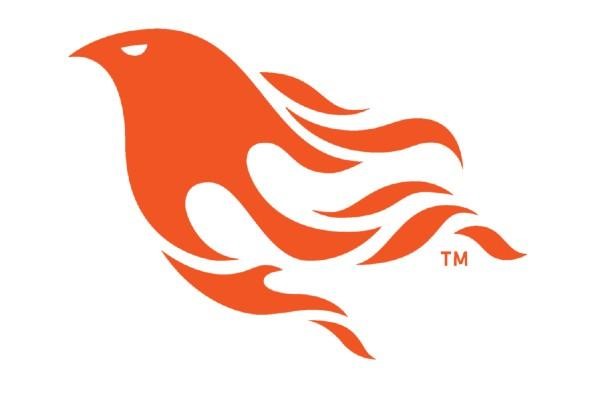
20. Gatsby
A well-liked framework for React developers is Gatsby. For building a lightning-fast web experience that integrates with your favorite services, it is preferred. Most blogs, landing pages, and e-commerce websites are built with Gatsby. You don’t need to be concerned about security because it is a static site generator (it doesn’t link with the database or sensitive information).
